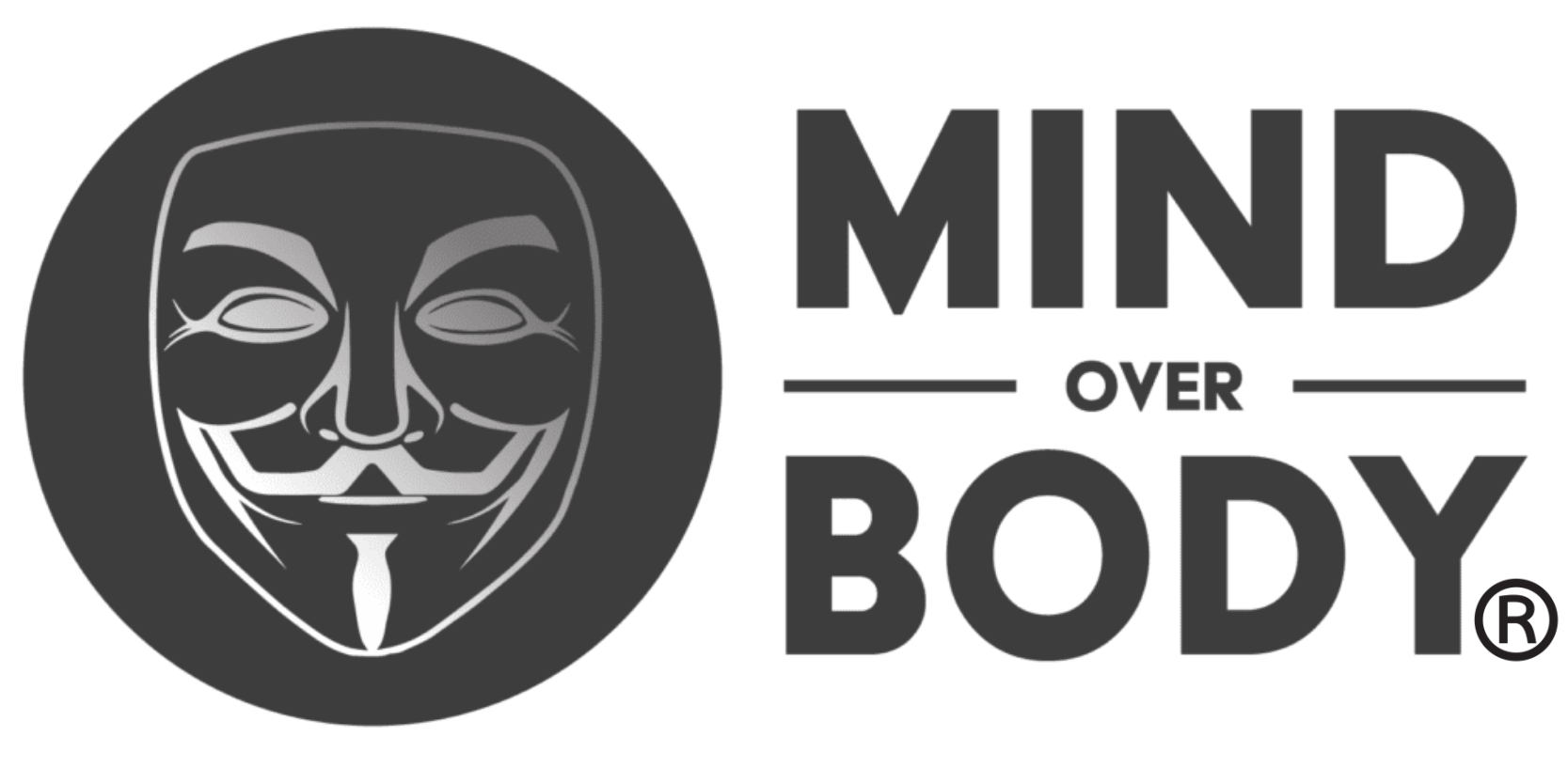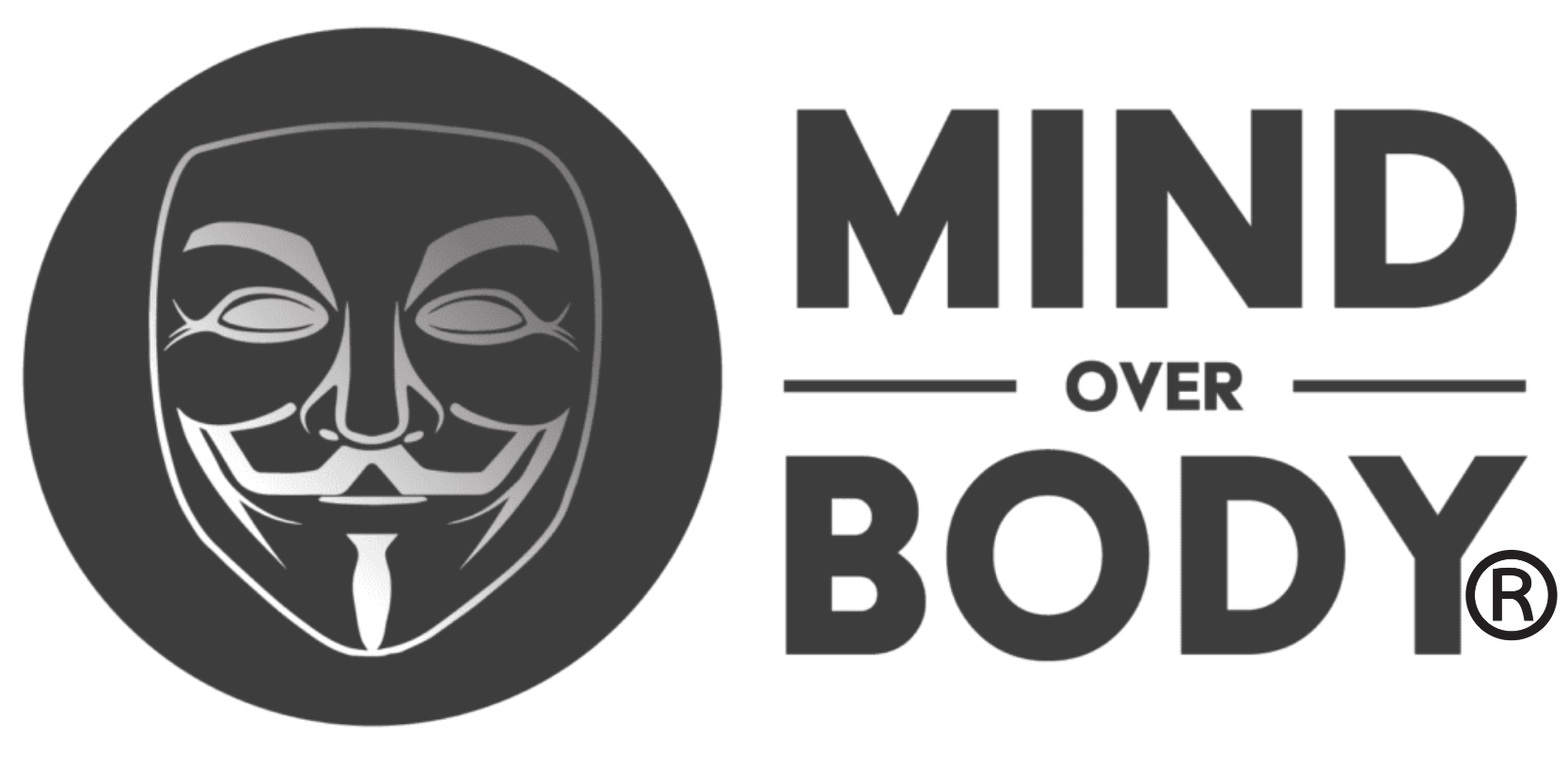Many people shy away from difficult conversations because they’re terrified of the potential outcomes. These fears can be paralyzing, leading individuals to choose silence over speaking up. Conflicts are uncomfortable, but learning how to move through this discomfort is a powerful skill that can improve your self-esteem, mental health, and relationships. If you feel overwhelmed by your fear of conflict, professional support can make a profound difference in strengthening your well-being. If you’re avoiding conflict in relationships, it may be because this is a habit or learned behavior. In this case, you may be able to resolve the issue with some of the strategies discussed here.
Then they act like a volcano and will often explode on the other person with a long list of issues. They use words like “always and never” as they bring up their long-held inventory of grievances. When you don’t resolve your feelings as things come up, https://www.23ch.info/what-no-one-knows-about-5 they’ll accumulate until they can’t be contained anymore.
Understand that conflict avoidance creates superficial harmony
This can make it seem like you’re passive to the situation even when you feel enraged or hurt inside. Therapists are trained to help couples navigate conflict and develop healthier communication patterns. They can provide a safe space for open communication and equip you with tools to manage conflict effectively.
This doesn’t mean that you are wrong, but it may be one of the reasons why your spouse is unwilling to argue with you. If they are sure they will lose or be ridiculed during arguments, they may feel there is no reason to fight with you. Your partner may feel they will not change your mind when you disagree.
Establishing Healthy Boundaries
This can look like telling your partner things you’re grateful for, sharing how you felt about something that happened at work or acknowledging your emotional reaction to a movie. Let’s face it, disagreements are a normal part of any relationship. But for some people, the mere mention of conflict sends shivers down their spine. Conflict avoidance in a relationship can manifest in various subtle signs, often reflecting an individual’s or both partners’ reluctance to engage in open discussions or confrontations. Sylvia Smith shares insights on love revitalization and conscious living.
Focus on one issue at a time
This gives you space to process and avoid saying things you don’t mean…but also may be frustrating for anyone who prefers diving into a resolution ASAP. To help you figure out your conflict style, SELF asked experts to break down a few common patterns they’ve seen in relationships. What’s more, as Fe users, INFJ types can also be prey to toxic people.
The Psychology Behind Conflict Avoidance
This lack of skills can hinder their ability to articulate their feelings, fostering a cycle of avoidance and unresolved issues that strain the relationship over time. Some people may not have developed effective conflict-resolution skills due to their upbringing or previous relationships. They might feel ill-equipped to navigate disagreements constructively, leading to avoidance as a default coping mechanism. But what if https://www.lite-editions.com/practical-and-helpful-tips-3/ your partner is the one who displays conflict avoiding behavior. Conflict avoidance is damaging for a relationship no matter which partner exhibits this behavior.
- Yet, while most days I can deal with having too many tabs open on my brain, it can also be a little too much.
- Additionally, consider setting small, achievable goals when addressing conflict.
- If you’re struggling with conflict avoidance, talking with a trusted friend or relative can help you to process the issue.
- In fact, learning to cope with conflict in healthy ways can lead to more connection, trust, and long-term closeness.
- Like magpies, INFJs are attracted to shiny objects—ideas, projects and causes—that capture our imagination and ignite our passions.
However, repeatedly avoiding conflict can lead to unresolved issues, communication breakdowns, and a lack of growth within the relationship. Individuals who avoid conflict often respond more positively to indirect language. Direct confrontation can trigger defensive reactions, hindering productive communication.
Focus on the positive aspects of the relationship
- In fact, healthy conflict can lead to stronger relationships, better communication, and personal growth.
- It’s a strategy that helps you open your mindset to a new point of view, a new angle on what’s happening so you can think differently about it.
- This underscores the transformative potential of facing and resolving disagreements.
- Learning to address disagreements constructively is more important than ever.
This might involve practicing self-compassion, challenging negative self-talk, and celebrating our strengths and accomplishments. Gradual exposure techniques can help individuals build confidence in handling conflict situations. This might involve starting with small, low-stakes disagreements and gradually working up to more challenging confrontations. Each successful interaction builds confidence and provides evidence that conflict doesn’t have to be catastrophic. At its core, conflict avoidance is a psychological response to discord, characterized by the tendency to sidestep, ignore, or withdraw from confrontational situations.
Use your senses to quickly relieve stress
Implementing these tips builds trust, improves communication, and facilitates more effective conflict resolution with individuals who typically avoid disagreements. This approach fosters stronger relationships and promotes a more positive and productive environment. By providing a neutral platform, structured communication, and a focus on underlying interests, mediation offers a powerful tool for resolving disagreements with conflict-averse individuals.
Successfully managing disagreements with those who tend to avoid conflict contributes significantly to healthier relationships and more productive environments. The ability to navigate these sensitive interactions effectively empowers individuals to build stronger connections, foster mutual respect, and achieve shared goals. Effectively addressing disagreements with conflict-averse individuals is crucial for maintaining healthy relationships, both personally and professionally. Open communication, however challenging, fosters trust and mutual respect. Historically, conflict avoidance has been viewed through different lenses, sometimes perceived as a sign of weakness, other times as a diplomatic strategy.


